From liberation ideals to identity battles
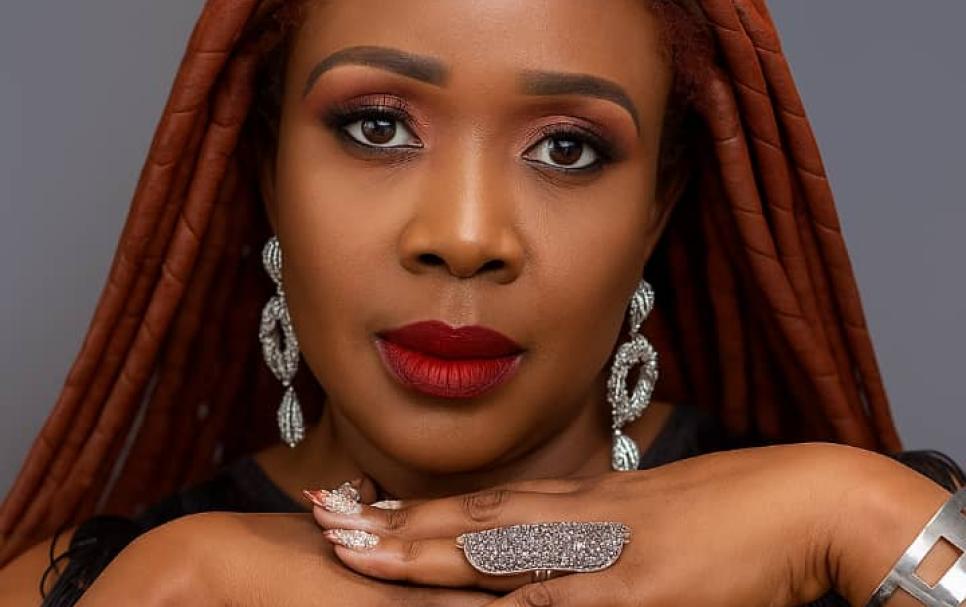
On the 26th of August, Namibia once again stood still to mark Heroes Day. Across the nation, stadiums echoed with speeches, monuments bore fresh wreaths, and hearts remembered the courage of those who carved freedom from oppression. As I reflected, one question haunted me: what gave them the strength to rise above fear, above personal comfort, above the narrow ties of tribe and self-interest?
My own story is woven into theirs. I am the daughter of the late Job Tjijombo, a fearless veteran who stood among Khomas Region’s top leaders alongside the late Marco Hausiku, Jeremia Nambinga, and others. I am also shaped by my mother, Maria Tjijombo, who fought side by side with her husband. I recall her question, whispered with trembling courage: “If we continue to protest together, what if our children become orphans?” By God’s grace, they survived those turbulent years and lived to witness the fruits of their sacrifice before answering His final call in 2023 and 2024. For that, we, their children, remain forever indebted. They stood. They fought. They endured. And now their torch is in our hands.
What guided them was not the politics of tribe nor the politics of identity. They were not Owambo heroes, Damara heroes, or Herero heroes. They were Namibian heroes. Patriots whose compass was set to transcendent ideals: unity, freedom, justice, dignity, peace, and stability. These values were not lifted from books, they were lived in sacrifice. They transformed strangers into comrades, ordinary citizens into extraordinary liberators.
Yet today, I fear we are drifting. Globally and at home, politics has lost its moral anchor. Where our heroes built unity from fragments, we now see attempts to fragment what they built. The language of politics has narrowed into the language of identity: us versus them, tribe against tribe, race against race, gender against gender. The central question has shifted. No longer What is right? What is just? but rather Who are you? To which group do you belong?
This descent is perilous. When politics forgets transcendent values, it loses vision. And when vision is lost, a nation stumbles in darkness. Identity politics may seem empowering, but in truth it is corrosive. It breeds suspicion, fuels rivalry, and shrinks the horizon of what we can achieve together. Think back to Founding Father Dr. Sam Nujoma and the patriots of the liberation struggle. They faced enemies stronger than anything we face today, yet they did not fracture into tribal corners. They could have fought only for their own, but they chose a greater cause. They said not “my tribe first” but “Namibia first.” Their language was not of division, but of freedom. That clarity of vision was their compass, and it is why we stand free today.
Our generation must recover that compass. Politics must not mirror division but overcome it. At its best, politics binds us together, it does not tear us apart. Our heroes did not die for us to shrink back into tribes. They died for us to rise as a nation.
To honor them, we must move beyond identity politics and return to politics of ideals. Ask not merely, Who am I? but What do I stand for? Not Which group claims me? but Which values do I defend? For people bound by values will always be stronger than people divided by identities.
Namibia’s future will not be secured by squabbles over fragments of identity. It will be secured only if we rebuild on the foundation of transcendent values: unity, justice, dignity, freedom. These are not hollow slogans to chant once a year. They are principles to be lived daily, in how we govern, how we serve, and how we see one another.
Heroes Day must not become ritual alone. It must be a mirror asking: are we living up to their example, or betraying their legacy by letting division creep in? They were united by divine purpose, the conviction that freedom was worth every sacrifice. May their noble souls rest in peace, for they watered the tree of freedom with their blood, their courage, and their faith in a better Namibia. And may we, the living, resist the poison of identity politics and return to transcendent values. Only then will we prove ourselves worthy heirs of their sacrifice.
As for me, I call for a symbol of unity: One House, One Flag. Let every Namibian home raise our national flag with bravery and pride as citizens of the land of the brave, not tribes of a divided land.
I close with the words of our Founding Father: “A people united, striving to achieve a common good for all members of society, shall emerge victorious.”
— These are the personal reflections of Cde. Toucy Tjijombo, “The Himba Queen.”
- 429 views


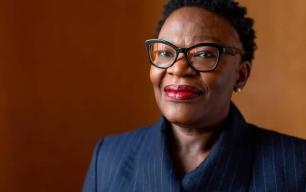
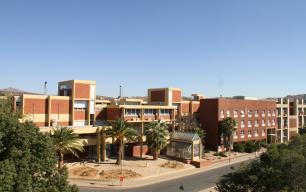
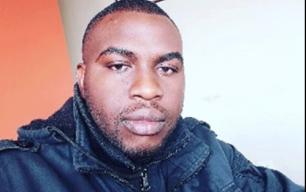
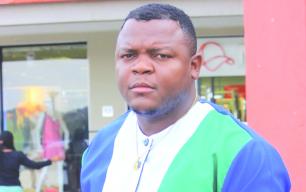

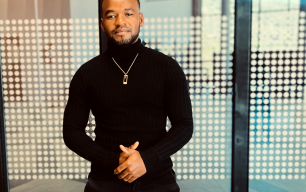
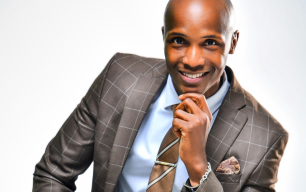

Comments